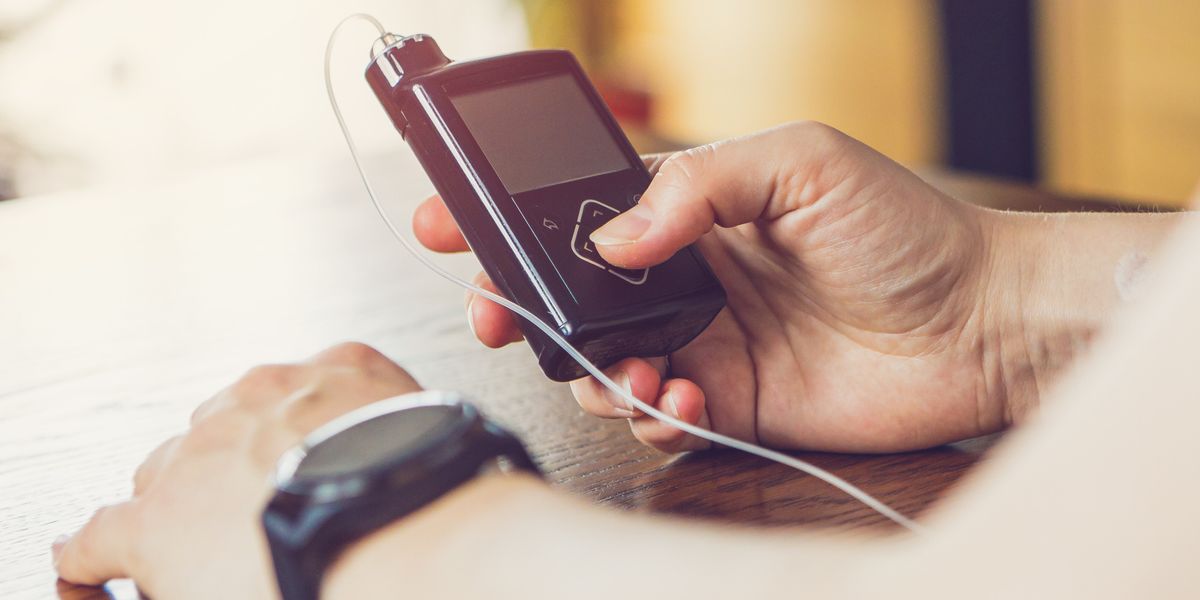Youths with type 1 diabetes can improve their glycaemic control by using an automated insulin delivery (AID) system, latest research has indicated.
Academics from the University of Helsinki have found that young children and adolescents can significantly benefit from an AID system.
During the study, the team of researchers analysed the health outcomes of 79 children and young people with type 1 diabetes who do not reach optimal glycaemic control with traditional treatment options.
They discovered that the children and young people involved in the study had better glycaemic control after using an AID system.
From zero to three months, an AID system increased the participant’s time in tight range and time in range by 11.7% and 18.1%, respectively, the study has reported.
In addition, the results have shown that haemoglobin A1c and mean sensor glucose values decreased significantly after using an AID system.
The authors said: “Glycaemic control in patients not reaching treatment goals improved significantly after the initiation of the AID system, and the favourable effect lasted throughout the follow-up.
“AID treatment could be an option for also those paediatric individuals with type 1 diabetes who do not have good skills in diabetes management.”
Read the full study in the journal Diabetes, Obesity and Metabolism.







